Making sure crime doesn’t pay: How recovered assets from criminal activities help Mozambique to ...
Mozambique: Almost blind, Estevão survived seven hungry days in the bush – Lusa
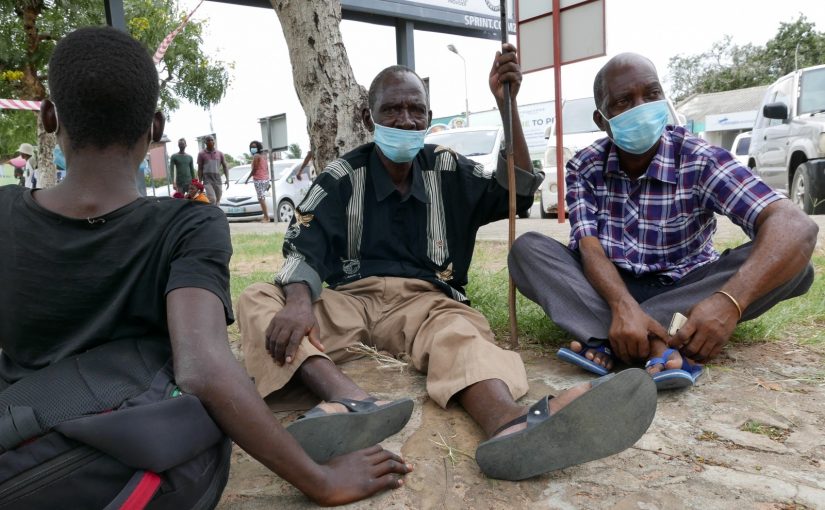
Photo: Lusa
Almost blind, Estevão Antique, 73, relies on a cane, the same one with which he fled Palma, in a struggle for survival in which family members supported him after the attack by armed groups a week ago.
“I was with my wife and this child [a grandson], they grabbed me, and we fled into the bush,” Estevão says, with a clear sound picture of what he went through.
“Gunshots, shots were heard, and everyone was running”, in a pounding of earth that then turned to the snapping of bushes, underfoot, in slippers or barefoot, always running, in an escape that seemed to have no end.
Estêvão recounts that “we went seven days without sleep and without eating anything” until arriving in Pemba last night on a humanitarian flight.
“There was hunger, yes,” but “God is God”, he stresses, to justify how he and so many others held on, including “many, many children”.
“We left ours in Afungi”, in the care of an upcoming humanitarian flight, but “other people don’t know where the children have gone”, he says.
The account of lost children is repeated in the statements of displaced people, a common denominator to a chaotic picture of flight and survival.
In Afungi, by the gas project, there are still “many people” to collect, he said, alongside his grandson, Ali Saide, 15, sitting in front of Pemba airport, waiting for the rest of the family to arrive on the next humanitarian flight.
“There are many children in the bush, who haven’t eaten,” Ali says in the best Portuguese he can manage.
“We have no family here, I don’t know [where we are going],” adds the third-year primary school student in Palma, saying that he was “number four” in the now-disbanded class and that “the teachers are also in Afungi,” waiting to be rescued.
Another displaced person, Jorge Chande, does not let go of his phone to determine what time the humanitarian flight arrives with the rest of his family.
Weak, he says he has been suffering from barely cured malaria throughout his escape.
“There are still a lot of people there, a lot of children and women,” he said.
Muassite Miguel, the field coordinator for the Foundation for Community Development (FDC), leads a group outside the airport that delivers dignity ‘kits’ to women of child-bearing age.
Hygiene items, such as washable sanitary towels and even a whistle for emergencies, are handed out alongside other humanitarian organisations providing food and medical aid.
“There was a birth during the escape,” she said, recalling the story of one of the displaced people received in Pemba.
She sums up the accounts in one expression: “It is a miracle” how mothers survived with babies in their arms during the flight.
The survivors of the terrorist attacks a week ago face an uncertain future.
Jorge Chande hopes to return to Palma, “one day, when this is over”,
“When? We don’t know,” he says, and that leaves a void in his life that he does not know how to fill: “I don’t know where to go. I have family [in Pemba], but they also have no conditions. There is no money, no food,” he concludes, as he waits for humanitarian aid.
For now, what gets a laugh out of him – as well as Ali and Estevão – is asking whether they slept well after arriving in Pemba: “Yes, yes, there was no shooting.”



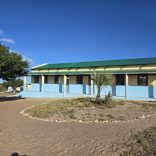
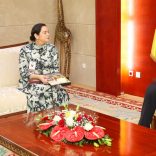

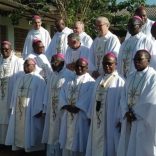
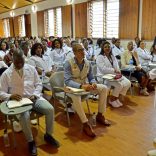





Leave a Reply
Be the First to Comment!
You must be logged in to post a comment.
You must be logged in to post a comment.